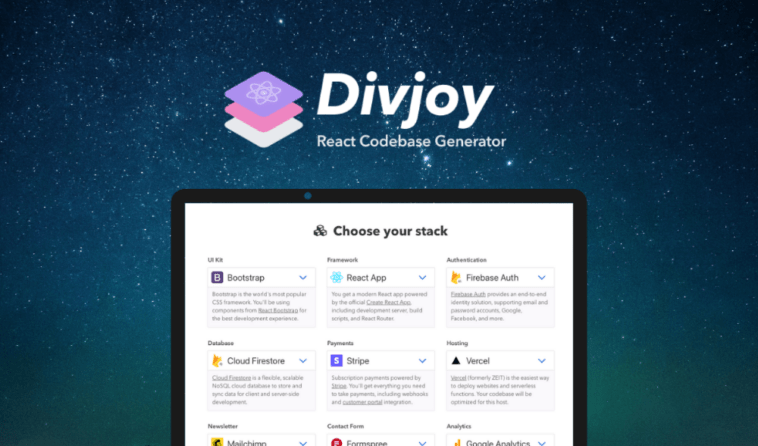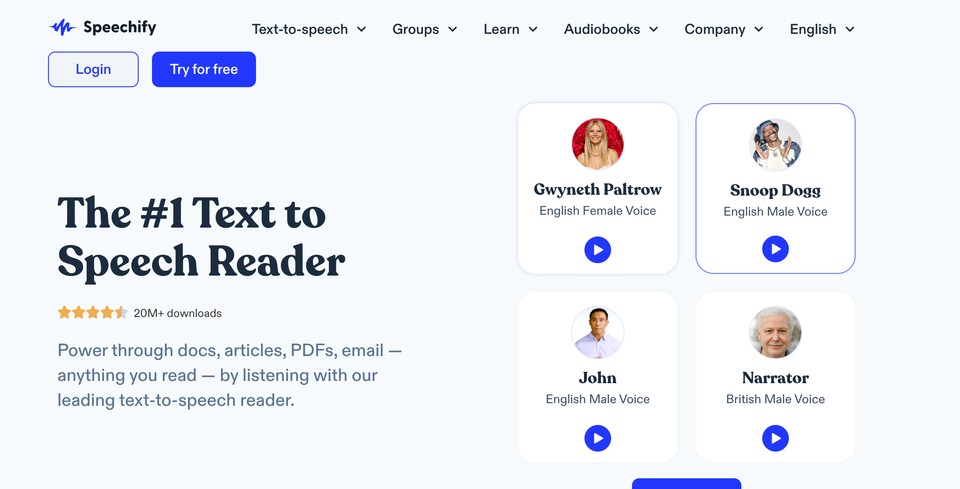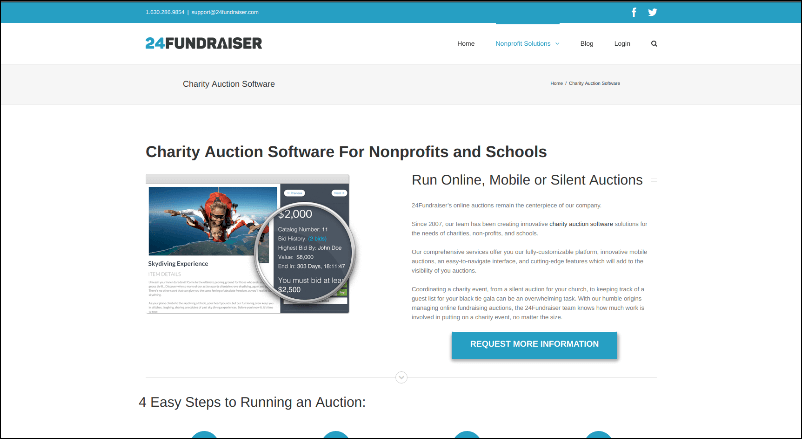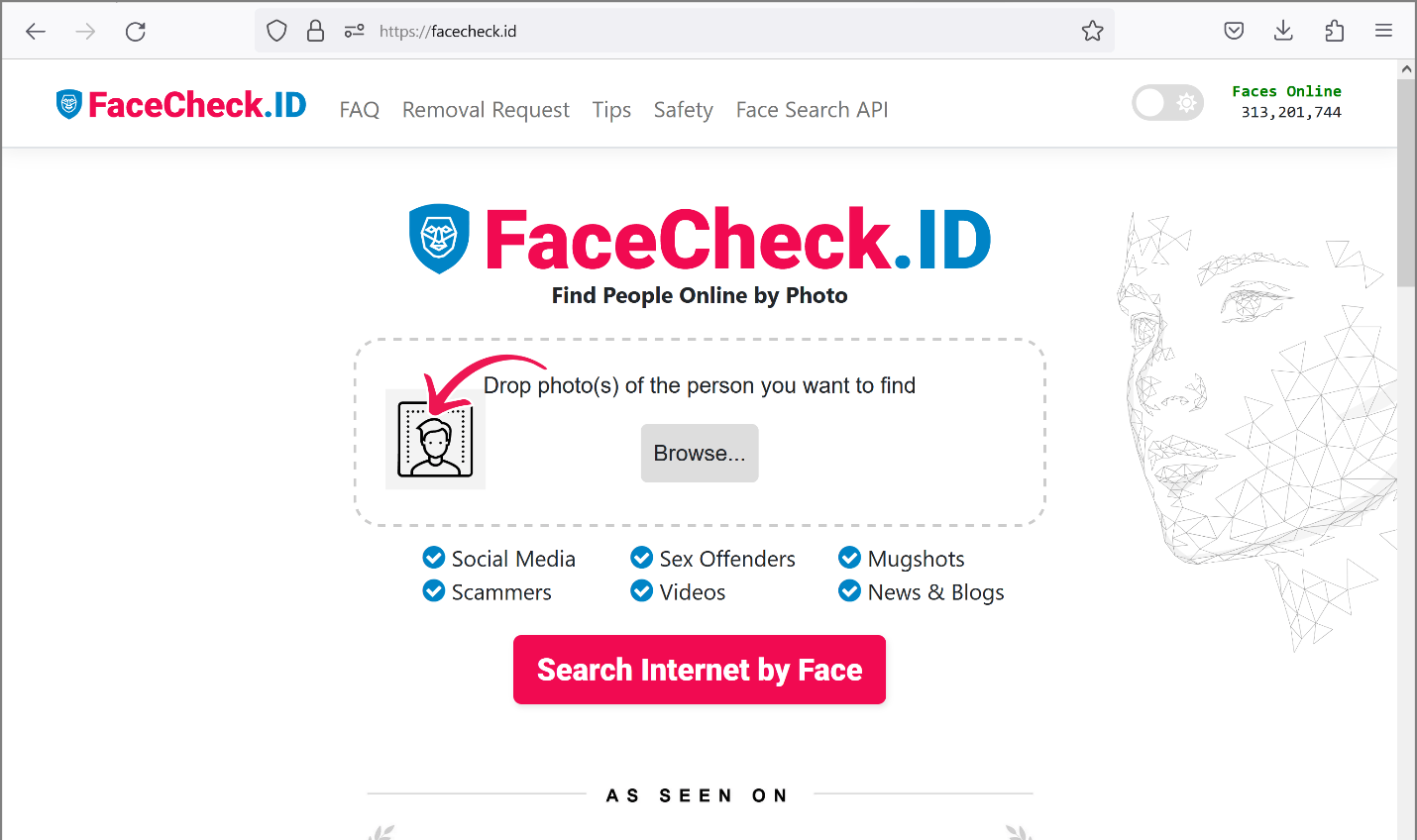In the Software Development Life cycle(SDLC), testing of the developed application has always been a crucial step because that is where one can gauge what is being sent to the customers. For any product to be successful, it is essential that customers can use it the way it is intended and they don’t get caught in issues too often and that is where testers come in the picture.
As the SDLC methodologies improved, the involvement of testing team also adapted itself accordingly. And now when the need is to ship high-quality products rapidly in the market, reducing the testing cycle time along with an increase in quality is the most important. An obvious answer to this is ‘automation.’
Selenium has been the go-to tool for browser automation for about a decade but as the websites are becoming more complex. The reduction in time taken for testing and automation has become crucial, the need for better automation tools has become evident and some companies have come up with great tools that aim to solve all the testing automation problems being faced by organizations.
Some companies are willing to try and pay for the best automation tools available such that their specific needs are met. These requirements can be summarized in a few points as below:
- Comprehensive test coverage
- Ease of automation
- Easy maintenance of automated test cases
- Low Learning Curve
- Least amount of time taken for automating
- Easy reporting
- Earliest possible reporting of bugs
- Integration with CI/CD tools
- Ability to import already existing Selenium scripts
The top 3 commercial alternatives to Selenium that have captured the market at the moment are:
- TOSCA
- Testsigma
- TestComplete
The common features that all these three products offer are:
- Scriptless and easy Automation
- Easy maintenance, automatic change detection
- Low Learning Curve
- Support for integration with all major tools in the market including reporting and CI/CD tools
- Swift test case creation
- Ability to import already existing selenium scripts
- Distributed and parallel test execution
- Record and Playback – TestComplete and TOSCA support Record and playback. Testsigma also provides the option but because the final aim is to automate the test cases using Natural Language(NLP) and don’t encourage using it heavily.
- Active customer support for any problem or issue
Now, let’s talk about these tools one by one and what features make them stand out, which can help an organization decide what will best suit their needs. Selenium test automation.
- Ease of test case creation
- Though there is a rift between the testers in the industry, some say it is quite easy to learn while some say it is not easy to learn. What is for sure is that once you can learn how to create your first test case, it is going to be a very satisfying experience going on creating the rest of the test cases for your product.
- Model-based Test Automation Framework
- This tool utilizes a Model-Based Framework where it automatically recognizes and stores the objects of the system under test and then creates test cases according to the objects and interactions between them.
- Risk-based testing
- According to the change in the system, the tool decides the test cases that should be executed to make sure all the affected areas are tested and there is minimal risk involved
- Test Management & Manual Testing
- In addition to being a test automation tool and framework, it can also act as a repository for test cases and can be used to execute manual test cases easily.
- Easy maintenance
- The Model-based testing framework used by TOSCA automatically detects objects in the system under test and detects any changes in them, thus allows for easy maintenance.
- Supports automation of websites, mobile applications, web apps, desktop apps, SAP and APIs
- Ease of Test case creation
- The main feature of Testsigma is the ease of writing test cases using plain English. The test cases are created using Natural Language Processing that reduces the learning curve to a bare minimum. Testsigma does support record and play but it is only for the people to learn and get accustomed to creating test cases using natural language. Creating test cases using NLP requires the same effort as would be needed for manual test case creation.
- Easy maintenance
- Testsigma has an AI-powered engine at its core which detects any changes in the system under test and fix the locator changes automatically.
- Exhaustive test lab on cloud
- Testsigma has its test lab on the cloud that hosts an extensive list of devices and systems to facilitate all-round testing. It also integrates with Sauce Labs and BrowserStack with no additional cost.
- Cloud-based automation
- Testsigma hosts the automated test cases on the cloud and facilitates their execution on the cloud itself which saves time, effort and space of maintaining hardware for hosting the required hardware.
- On-Demand Test Automation Expert Services
- Testsigma not only offers a great level of support as do the other tools we have talked about, but it also offers test automation services if your organization is looking for some advice on how to get started or some expert help to meet the deadlines.
- Supports Web, Mobile Web, Android & iOS Apps, and API automation
- Allows Scripting for more complex scenarios
- Supports Data-Driven test automation, Regression Testing, Cross Browser testing etc
- Test Management & Manual Testing
-
Ease of Test Case creation
-
Test cases can be automated using native BDD-style Gherkin syntax scripts which have the format of given-then-when for creating test cases which is very close to the English language.
-
- Allows Scripting for more complex scenarios
- TestComplete gives users the flexibility to use a scripting language of their choice to automate a complex scenario. The supported languages are JavaScript, JScript, Python, VBScript, DelphiScript, C# Script, and C++ Script.
- Supports Data-Driven and Keyword-driven test automation
- Along with BDD test creation, TestComplete also supports data-driven and keyword-driven test automation
- Ability to reuse functional tests
- Data-Driven tests, keyword-driven tests already created in TestComplete can be easily reused. TestComplete also supports import of test cases already written using selenium and SoapUI
- Automatic Object Recognition
- The AI-powered visual recognition system built under TestComplete makes the creation and maintenance of test cases very easy in TestComplete. This is achieved by accurately identifying dynamic UI elements.
- Supports automation of desktop, web, or mobile UI.
Thus, knowing all the features of the top 3 commercial alternatives to Selenium. Depending on the needs and specific requirements of an organization, one of the above tools can be chosen.








Add Comment